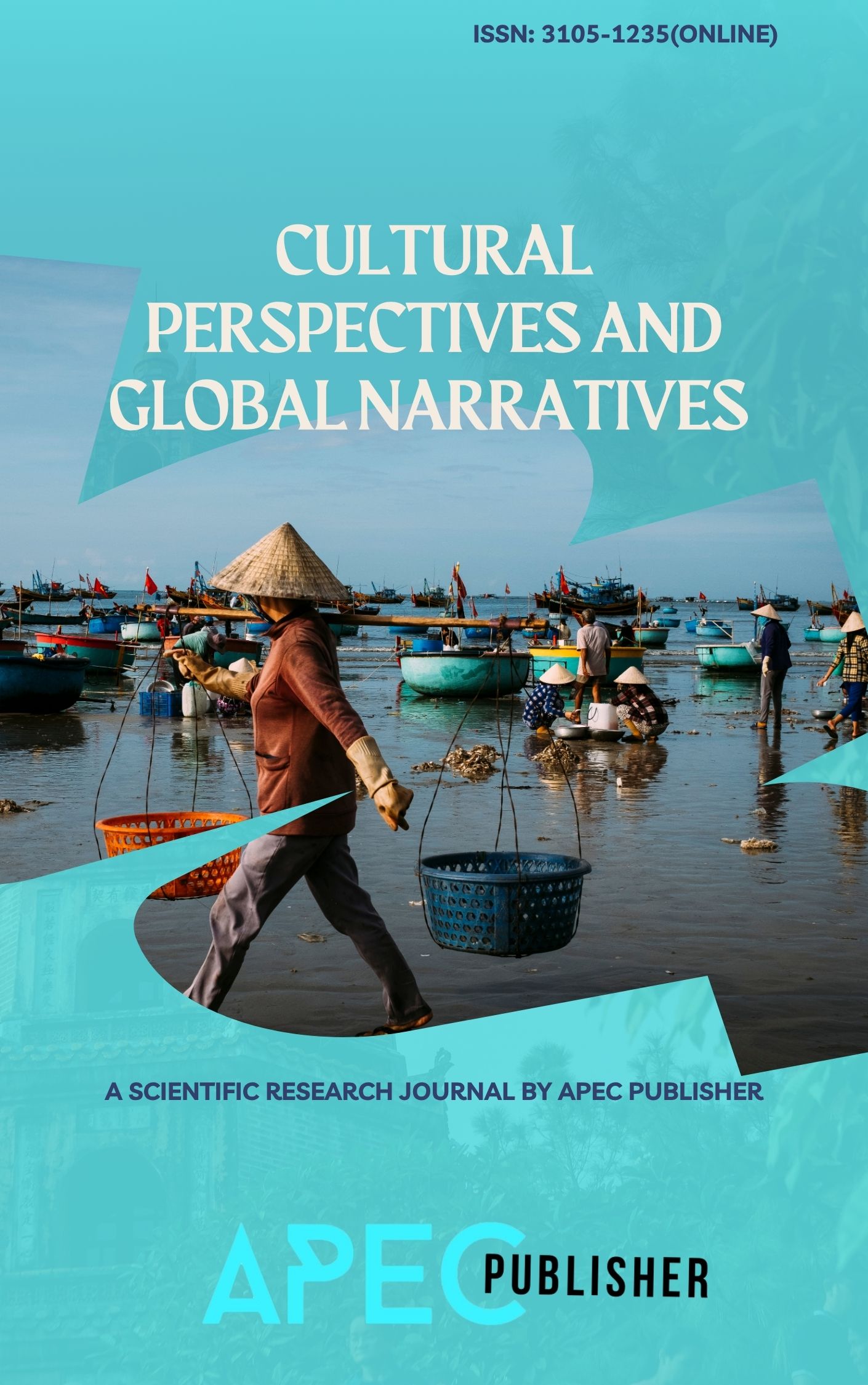Sacred Spaces, Contested Meanings: Religious Pluralism and Urban Transformation in Global Cities
This article examines the dynamic interplay between religious pluralism, urban development, and the sociopolitical contestation of sacred spaces within global cities. Analyzing case studies from London, Singapore, and Berlin, we argue that sacred sites (mosques, temples, gurdwaras, churches, synagogues) function as critical nodes where globalization, migration, and local identity politics converge. Utilizing spatial analysis, policy review, and ethnographic data (including 60 stakeholder interviews), the research identifies three key conflict dimensions: regulatory struggles over zoning laws and planning permissions; symbolic conflicts concerning architectural visibility and public recognition; and communal tensions arising from neighborhood demographic shifts. Findings reveal that established “secular” governance models often inadequately address the complex needs of diverse religious communities, leading to grassroots mobilization and innovative interfaith coalitions. The study proposes a “negotiated pluralism” framework for urban planners, emphasizing adaptive reuse of heritage sites, participatory design processes, and legal recognition of religious landscapes as vital components of just, sustainable cities. Urban sacred spaces emerge not merely as sites of worship but as contested arenas shaping the very fabric of cosmopolitan citizenship.

